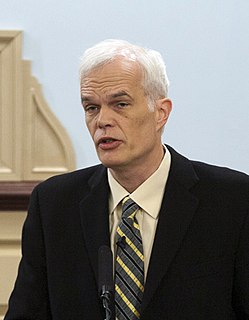A Quote by David Bowie
You should turn around at the end of the day and say I really like that piece of work, or that piece of work sucked. Not, was that popular or wasn't it popular?
Related Quotes
I really like to absorb the project and watch it and work on the music a lot and just get the feel for it until eventually a moment comes where I know I've got it. A lot of it is trial and error. Some days a piece of music doesn't work then other day another piece of music finally says something and works with the picture and suddenly casts a light on all the other stuff you've done - probably because my mind is getting to understand it and the piece is educating me. I always feel like the score is in there already somewhere and I just have to channel it and accent it.
Richard Donner made great movies. Seminal movies. The Academy, though, and we have to be careful here, should recognize popular films. Popular films are what make it all work. There was a time when popular movies were commercial movies, and they were good movies, and they had to be good movies. There was no segregation between good independent films and popular movies.
My process of working is not really that unique. I like to paint during the day, and block out large chunks of time with which to work. I prefer to work on a painting in a few swift passes, and not fuss over it. I think that the work needs to have an energy to it that can't be accomplished if one is adding a few strokes everyday. Once a piece is done, I don't work on it anymore. I hate fussy.
I would rather be a person who struggled there than someone who had a great, easy time and then got out in the world and was like, "Wait a minute, I didn't get voted class president? What's going on?" You know, "popular" doesn't necessarily correlate to anything. "Popular" still has to get up at 7:00 in the morning and go to work and do something worthy too. There's no edge, really, that you get from being whatever was popular in school.
I go through periods where I work a great deal at all hours of the day whenever I am around a typewriter, and then I go through spells where I don't do anything. I just sort of have lunch - all day. I never have been able to stick to a schedule. I work when there is something due or when I am really excited about a piece.
Sometimes people won't even finish a piece that you wrote, because they've already decided what it is that you want to say, and generally I, whatever I say in the first half of the piece, you should not assume I'm going to end up with, but they don't finish reading them. So, and people read fast and stuff.
Popular culture as a whole is popular, but in today's fragmented market it's a jostle of competing unpopular popular cultures. As the critic Stanley Crouch likes to say, if you make a movie and 10 million people go see it, you'll gross $100 million - and 96 per cent of the population won't have to be involved. That alone should caution anyone about reading too much into individual examples of popular culture.
It seems to me it's perfectly possible to vehemently disagree with a piece of work and to say that it's offensive and insulting and so on and so on. And you're absolutely entitled to do that and to speak back, if you like, against that piece of speech with all the vehemence at your disposal. I mean, that's legitimate. Even other things. People have a right to demonstrate.




































